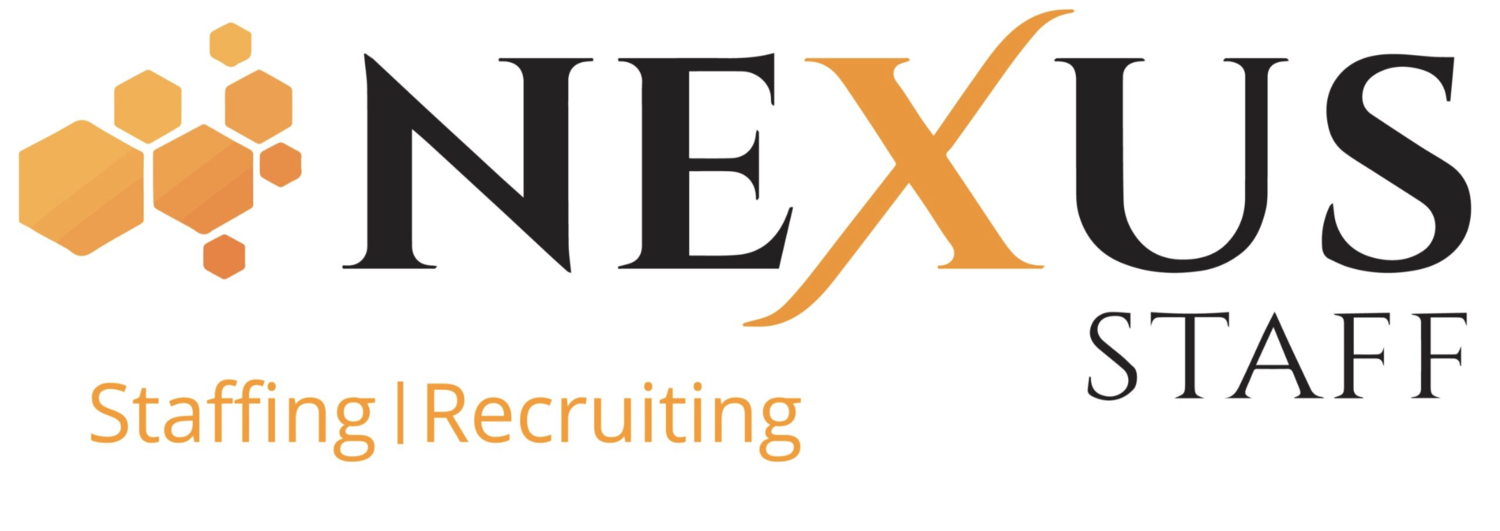How Your Company Can Prepare For The “Great Resignation”
In May of 2021, Texas A&M Professor Anthony Klotz proclaimed, “The ‘Great Resignation’ is coming.” What Klotz was referring to was the increased likelihood that after the COVID-19 pandemic subsidies, more and more employees are going to be quitting their jobs. As Klotz puts it, “When there’s uncertainty, people tend to stay put, so there are pent-up resignations that didn’t happen over the past year.”
In addition, according to Microsoft, 41% of the global workforce is considering leaving their jobs within the next year and in April of 2021, The U.S. Bureau of Labor Statistics reported 4 million people had already quit their jobs. With statistics like this, it’s clear that Klotz’s claims aren’t just merely predictions, but that the Great Resignation really is happening and it’s time companies start to prepare. You can begin planning changes in your own organization by considering the following aspects:
Provide new perks for current and prospective employees
With so many people considering job changes, your company needs to not only plan on the possibility of losing current employees, but hiring a wave of new employees as well. This means implementing new incentives for both groups. For example, research shows a large majority of employees are leaving their current roles for more flexible schedules, which means a hybrid work model for both groups could make all the difference.
Also consider offering new perks in and out of the office such as free breakfast or lunch, after-work social events, career advancement courses, gym memberships, or increased time off. These new perks can give current employees something to look forward to and win prospective employees over your competition.
Hire contract or freelance employees
Open your applicant pool to the millions of professionals that have begun freelancing during the pandemic or to contract employees. This can give your company a chance to hire people from all over the world with new perspectives and ideas, plus those who already have remote work experience. Temporarily filling open positions with contractors or freelancers can also have someone complete the work in the meantime of finding a long-term hire without as much commitment.
Get personal on social media
Show potential new hires what your company is really about. Share your current employees’ after-work hangouts or highlight your employees accomplishments, milestones, and more on social media. This will give potential candidates an inside look at your company culture and can even be a selling point for them to get involved once they are hired. As an added bonus, this can also help retain current employees and give them something to look forward to or work toward.
Revamp your job descriptions
Take a look at the job descriptions you’re posting. Aside from having an accurate description for the job you’re hiring for, try to incorporate information about your company’s core values and beliefs. This will give prospective employees an honest look into your company and show them what they could potentially be joining. Include new information about changes you have made during and after the pandemic as well -- whether it’s about the office itself, how you’re improving employee mental health, or the flexible schedules and new perks you’re implementing. This will show the emphasis your company puts on making employees feel comfortable and welcomed in the office and even help you stand out from the competition.
Stressed about how the Great Resignation will affect your business? Nexus is here to help. Contact us today or sign up for a personalized Job Market Analysis. With this free tool, you'll gain insight as to who your prospective employees are, what they want in a new position, and specific recommendations on how you can stand out from competitors. Click the image below to get started!







